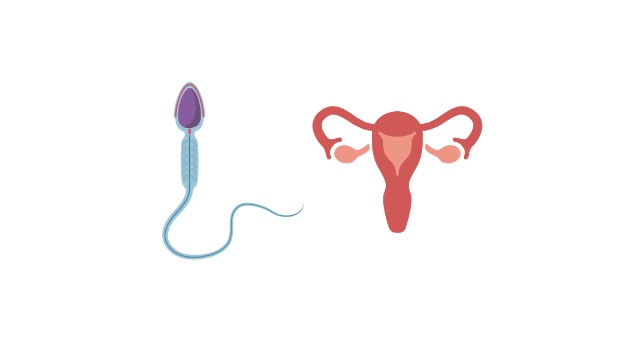Differentiation Definition
In developmental biology, the process of developing a more distinct form of a cell from a less specialized cell is called differentiation. In medicine, it is defined as a systematic method to determine the disease with similar symptoms from which the patient is suffering.
What is Differentiation?
The process includes the development of a cell with a more distinct form and functions from a less specialized cell. It is also known as cell differentiation. The common example of cell differentiation includes the development of a fetus from a single-celled zygote. The zygote is a type of less specialized cell that becomes a complex multicellular embryo and then a fetus. The whole process includes changes in the cell size, shape, polarity, metabolism, and responsiveness to signals that develop a cell into a more specialized cell.
The differentiated cell also acquires a more specific role as compared to the undifferentiated cell. In medicine, the term differentiation is defined as the determination of which among the diseases with similar symptoms is the one that the patient is suffering. In simple words, it is the systematic method to determine the disease based on the symptoms of the patient.
Differentiation Citations
Share
Related Post

07 Postdoctoral Jobs at University of British Columbia, Vancouver, Canada
If you’re a PhD degree holder and seeking postdoctoral fellowships, University of British Columbia,

06 Fully Funded PhD Programs at University of Turku, Turku, Finland
If you’re a Masters degree holder and seeking Fully Funded PhD Programs, University of

17 Postdoctoral Jobs at University of Oxford, Oxford, England
If you’re a PhD degree holder and seeking postdoctoral fellowships, University of Oxford, Oxford,

03 Fully Funded PhD Programs at University of Essex, Colchester, England
If you’re a Masters degree holder and seeking Fully Funded PhD Programs, University of

10 Postdoctoral Jobs at University of California – Berkeley, California
If you’re a PhD degree holder and seeking postdoctoral fellowships, University of California –

19 Fully Funded PhD Programs at Technical University of Denmark, Denmark
If you’re a Masters degree holder and seeking Fully Funded PhD Programs, Technical University

07 Postdoctoral Jobs at University of British Columbia, Vancouver, Canada
If you’re a PhD degree holder and seeking postdoctoral fellowships, University of British Columbia,

06 Fully Funded PhD Programs at University of Turku, Turku, Finland
If you’re a Masters degree holder and seeking Fully Funded PhD Programs, University of

17 Postdoctoral Jobs at University of Oxford, Oxford, England
If you’re a PhD degree holder and seeking postdoctoral fellowships, University of Oxford, Oxford,

03 Fully Funded PhD Programs at University of Essex, Colchester, England
If you’re a Masters degree holder and seeking Fully Funded PhD Programs, University of

10 Postdoctoral Jobs at University of California – Berkeley, California
If you’re a PhD degree holder and seeking postdoctoral fellowships, University of California –

19 Fully Funded PhD Programs at Technical University of Denmark, Denmark
If you’re a Masters degree holder and seeking Fully Funded PhD Programs, Technical University

